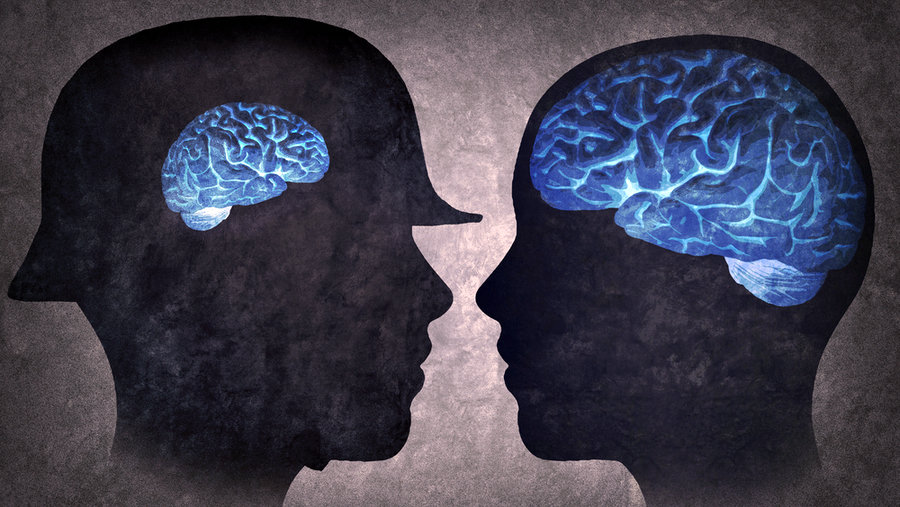Contents:
- Medical Video: Do Transplanted Organs Carry Memories?
- Cell memory theory, facts or hoaxes?
- Is there research evidence?
- So why do some people claim to experience changes in traits after organ transplants?
Medical Video: Do Transplanted Organs Carry Memories?
Organ transplantation (also known as graft) is intended to improve the quality of life of patients, namely recipients of organ donors. Apparently in some rare cases, patients who received organs from donors showed changes in traits. This new nature is thought to be very similar to the organ donor nature. For example, patients become cravings for food like donors. Wow, is it true that human organ transplants can also "transfer" the nature of the donor to the recipient? Find out the answer below.
Cell memory theory, facts or hoaxes?
In cell memory theory, behavioral and emotional changes obtained by recipients from original donors are caused by memory arranged and stored in nerve cells of donated organs. Heart transplantation is said to be the most vulnerable to cell memory where the transplant recipient changes in his heart organ. This is what is called cell memory theory and the theory supports that heart transplants can change the nature of recipients.
Unfortunately, this theory has not been proven at all. Even a number of scientists dismissed the main ideas on cell memory theory. Because the consciousness, behavior, and human emotions are regulated by the brain. If you do a heart or kidney transplant, it has nothing to do with your awareness or behavior.
After all, until now experts have continued to study where human consciousness or identity came from. So, it is still too far to conclude that a person's consciousness, behavior and emotions can be moved through transplantation of certain organs.
Is there research evidence?
According to a study in the journal Quality of Life Research, as many as 47 patients who received heart transplants for two years in Vienna, Austria were asked to be interviewed. They were interviewed about changes in the nature that occurred after the organ transplant.
The result, obtained 3 groups based on the answer. The first group, 79 percent, responded that they did not experience any changes at all after the operation.
The second group of 15 percent stated that their personalities had indeed changed, but not because of donor organs, but because of the disease and surgery they had to undergo.
Then, group three of 6 percent (three patients) reported different personality changes because of their new hearts.
Not only that, organ transplants may also be able to change a person's blood type. This happened to an Australian woman named Demi-Lee Brennan who changed after receiving a liver transplant. Nine months after the initial transplant, doctors discovered that his blood type had changed and Brennan obtained a donor's immune system because the stem cells from his new heart had moved to his bone marrow.
Michael Stormon, the hepatologist who treated Brennan at the Children's Hospital at Westmead, suspected that, "As a result of the transplant, the majority of his immune system also turned to being like the donor." a patient's blood type can change after an organ transplant.
So why do some people claim to experience changes in traits after organ transplants?
To answer this question, a surgeon and transplant specialist from the University of Michigan, Dr. Jeff Punch, explained his allegations. According to him, the patient actually did not really change. It's just that, after the operation of the body they must feel different due to the consumption of drugs such as prednisone.
One of the side effects of this drug is loss of appetite. So patients who usually eat rice may not be interested if they have to eat rice. The patient then asks for other foods, such as bread. It turned out that organ donors like to eat bread too. From there, patients and their families may connect the relationship between patients who want to eat bread and foods that are favored by organ donors.













